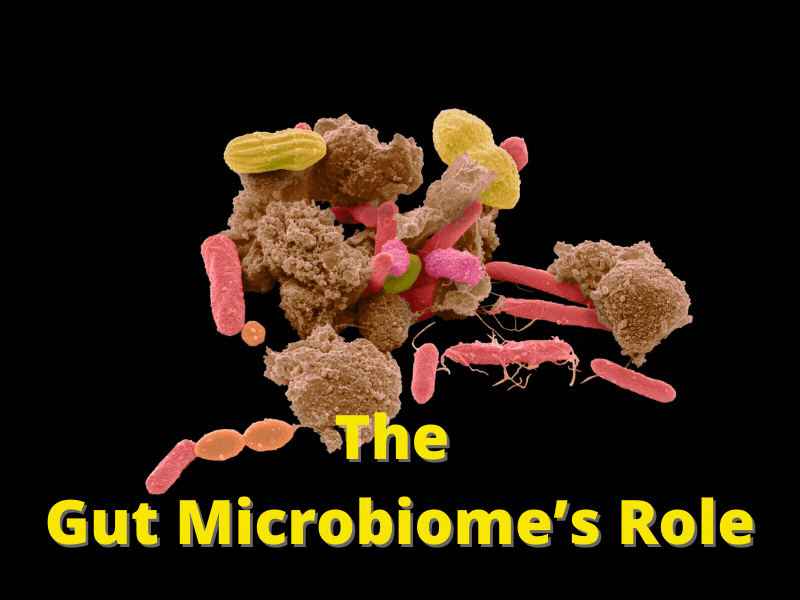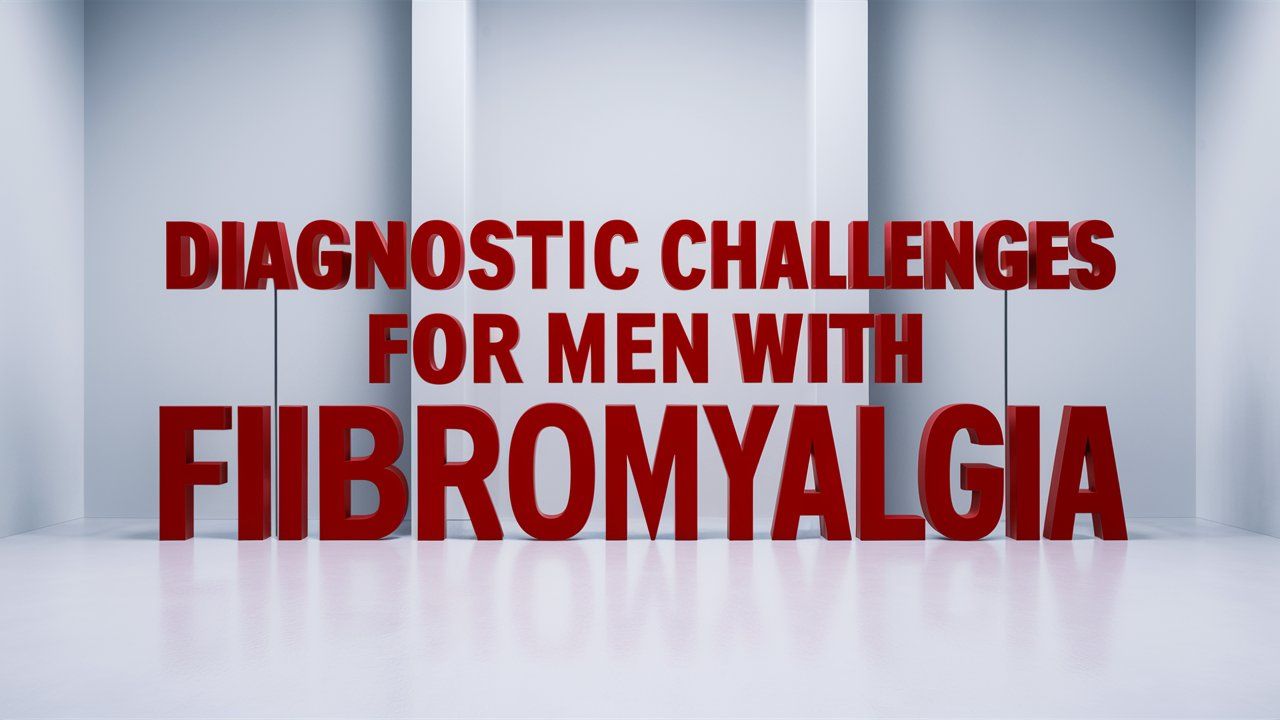The gut microbiome, the delicate colony of microbes in your digestive tract, has become one of the hottest buzzwords in science.
It’s been theorized to influence our mind and behavior, and may play a role in conditions such as Parkinson’s disease and depression.
I hope you find the path to your best life in these words.
—Thom
 These studies were thought to suggest a causal relationship between gut bacteria and the development of autism. Researchers at the University of Queensland, Australia, looked at the stool samples of almost 250 children, of which 99 were diagnosed with autism. And a condition as poorly understood as autism presents a particular inviting area for research.
These studies were thought to suggest a causal relationship between gut bacteria and the development of autism. Researchers at the University of Queensland, Australia, looked at the stool samples of almost 250 children, of which 99 were diagnosed with autism. And a condition as poorly understood as autism presents a particular inviting area for research.
 In 2019, the team published a two-year follow-up, and reported a nearly 50 percent improvement in autism-related symptoms. The study “validates a lot of what people have been thinking,” says Calliope Holingue, a psychiatric epidemiologist at the Center for Autism and Related Disorders at Kennedy Krieger Institute in Maryland, on whether the connection between autism and the microbiome may be partially due to diet.
In 2019, the team published a two-year follow-up, and reported a nearly 50 percent improvement in autism-related symptoms. The study “validates a lot of what people have been thinking,” says Calliope Holingue, a psychiatric epidemiologist at the Center for Autism and Related Disorders at Kennedy Krieger Institute in Maryland, on whether the connection between autism and the microbiome may be partially due to diet.
The researchers looked at over 600 species of bacteria identified in the gut microbiomes of the study’s subjects, and found only one—Romboutsia timonensis—to be associated with an autism diagnosis; the species was significantly less abundant in the autistic participants. A research group at Arizona State University published a study in 2017 that took 18 children on the autism spectrum who also suffered from gastrointestinal problems, and administered them with a fecal transplant. This success has mutated into hype over trying the treatment out on more and more conditions—autism included.
“Some people are big fans of them. A real source of contention among autistic people and their families has been whether the ultimate goal of research should be to search for treatments. It also means that a parent could feel forced to find alternative ways of ensuring that their child thrives in the same way as their peers. Providing these transplants to kids with autism is a nascent industry. That’s really challenging for parents, because they really just want to do the best for their child.”
 If the lack of microbiome diversity is a symptom, not a cause, there’s not much they can do to address autism’s roots. “Our results highlight the importance of a healthy, balanced diet for kids on the spectrum, and a critical need to support children and families at mealtimes, and research into how to best support families and children to eat well,” she says. The new University of Queensland study offers a pessimistic prognosis for the theory that poop transplants or other gut-based interventions can help autistic people.
If the lack of microbiome diversity is a symptom, not a cause, there’s not much they can do to address autism’s roots. “Our results highlight the importance of a healthy, balanced diet for kids on the spectrum, and a critical need to support children and families at mealtimes, and research into how to best support families and children to eat well,” she says. The new University of Queensland study offers a pessimistic prognosis for the theory that poop transplants or other gut-based interventions can help autistic people.
For a in-depth read visit Wired UK The Gut Microbiome’s Role in Autism Gets Murkier




